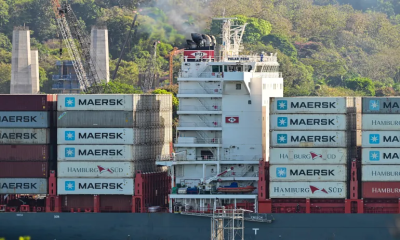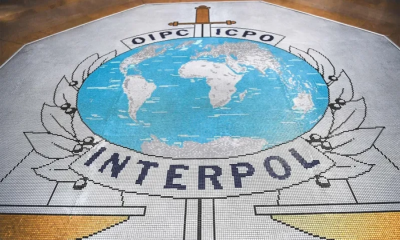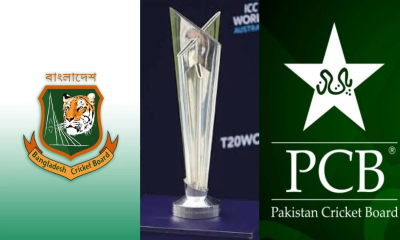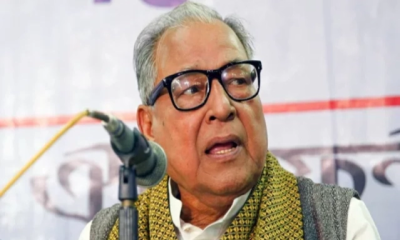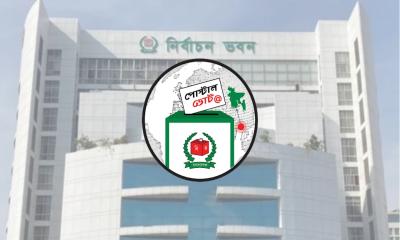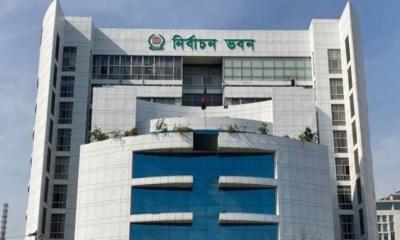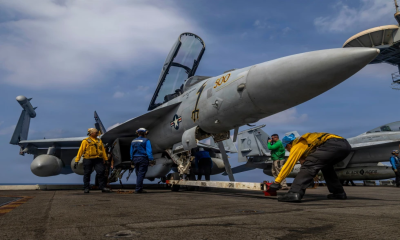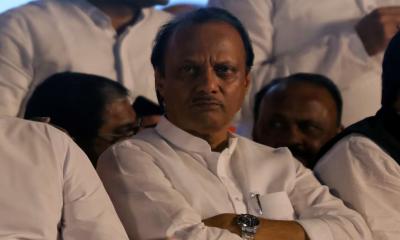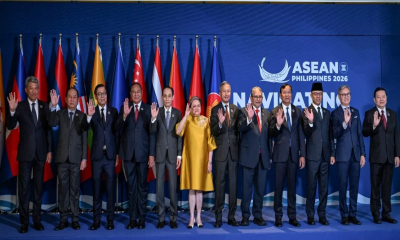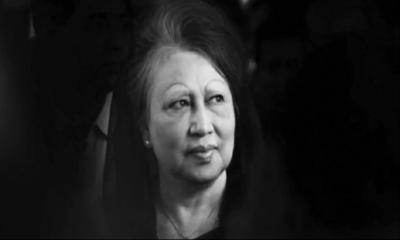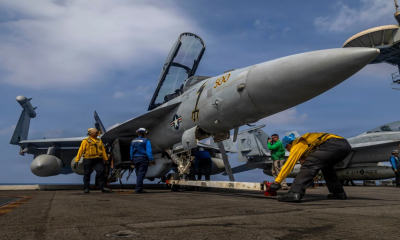Chief Adviser of Bangladesh’s interim government Dr. Muhammad Yunus, Pakistan’s Prime Minister Shehbaz Sharif, and India’s Prime Minister Narendra Modi are scheduled to deliver speeches on the same day at the 80th session of the United Nations General Assembly (UNGA) in New York.
The annual high-level debate of the General Assembly will be held in the last week of September, according to a report published Monday (August 25) by Pakistani daily Dawn.
This will be the first time since the four-day India-Pakistan standoff in May—which pushed South Asia to the brink of nuclear conflict—that the two neighboring leaders are set to speak at the UN on the same day.
Their addresses are scheduled for September 26. On the same day, Bangladesh’s Chief Adviser Yunus will also deliver his maiden UNGA speech.
According to the provisional UN schedule, Modi is expected to speak in the morning session, followed immediately by Shehbaz in the afternoon. The arrangement would allow Islamabad to directly respond to New Delhi’s remarks.
Shehbaz Sharif will lead Pakistan’s delegation, which will include Deputy Prime Minister Ishaq Dar and the Prime Minister’s Adviser on Foreign Affairs Tariq Fatemi, Dawn reported.
The 80th UNGA session will officially open on September 9, while the high-level general debate will run from September 23 to 29. Brazil will traditionally deliver the first address, followed by the United States.
US President Donald Trump will also deliver his first UNGA speech of his second term. This year’s overarching theme is “Better Together: Eighty Years and Beyond for Peace, Development, and Human Rights.”
Observers note that Modi and Shehbaz’s back-to-back speeches will underscore the stark differences in the positions of India and Pakistan. India is expected to focus on sovereignty and national security, while Pakistan is likely to counter with emphasis on Kashmir and regional peace.
A senior Pakistani diplomat told Dawn, “The world has seen how quickly South Asia can slide into conflict. Without a just resolution of the Kashmir issue, the UN’s promises of peace, development, and human rights will never be realized in our region.”
Diplomatic analysts predict this year’s session could be one of the busiest in recent years, with the ongoing Gaza war, Russia’s invasion of Ukraine, and the lingering impact of May’s India-Pakistan clash all dominating the agenda. Pakistan’s message, they said, is clear: regional tensions cannot be ignored, and Kashmir remains the key to lasting peace.
In addition, a special climate session will take place on September 24, while a high-level meeting will be held on September 26 to mark the International Day for the Total Elimination of Nuclear Weapons.


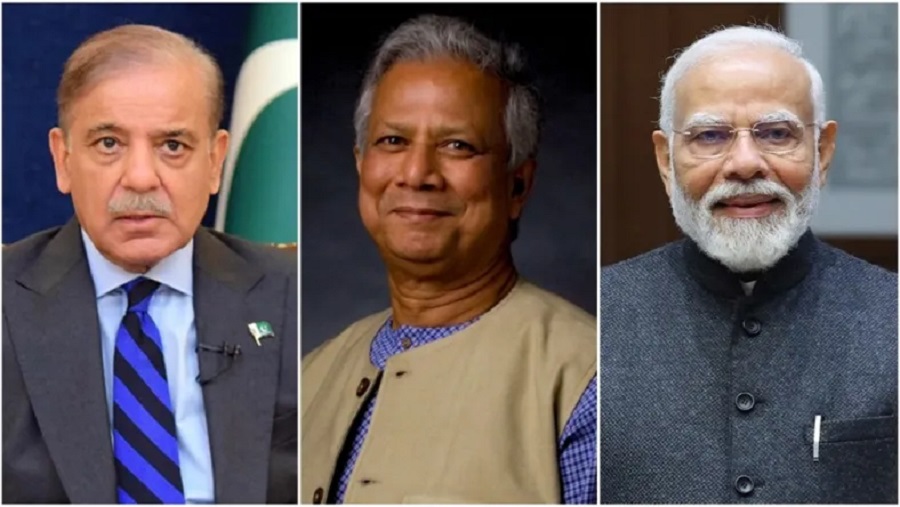

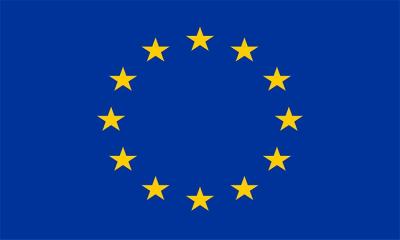
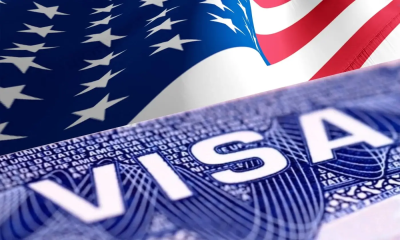
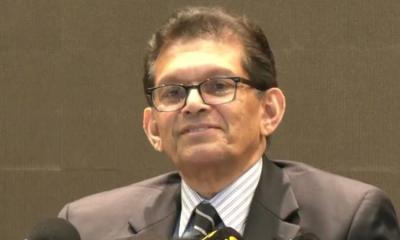
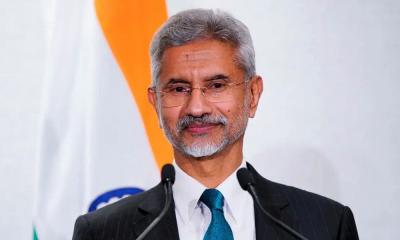
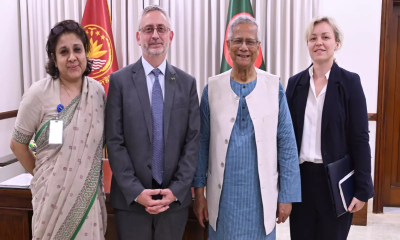
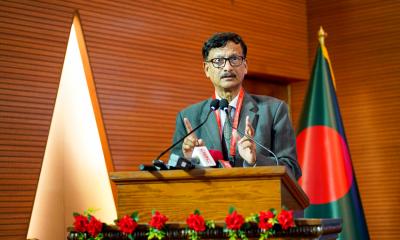
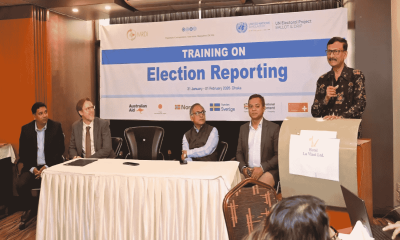
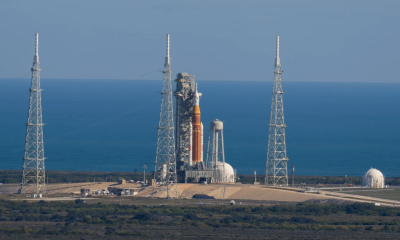
-20260201114353.webp)
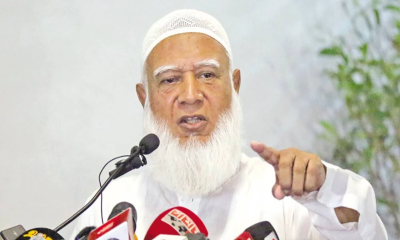

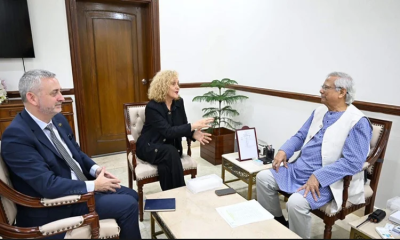
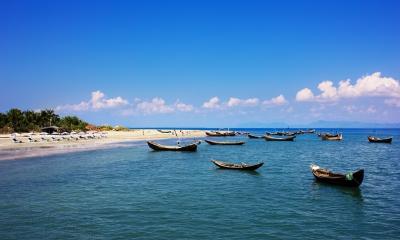
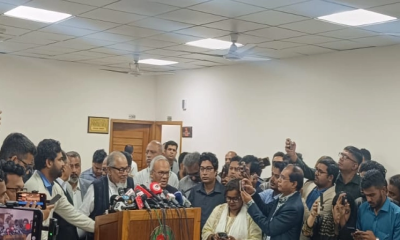
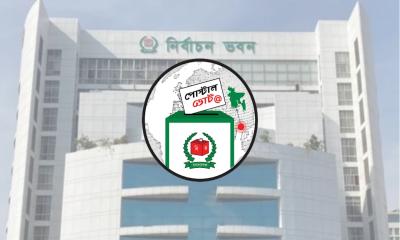
-20260201090421.webp)
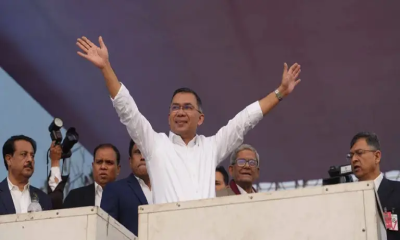
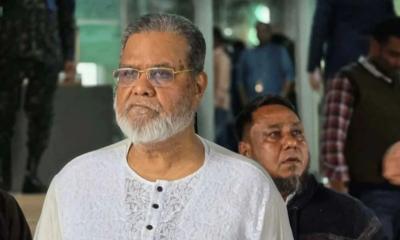
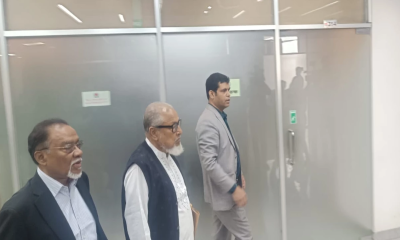
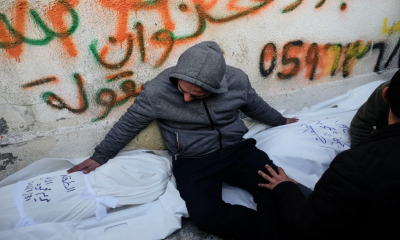

-20260125075255.jpeg)
